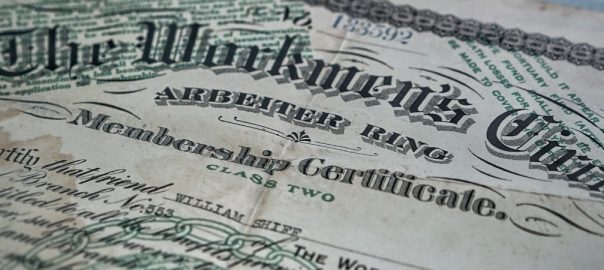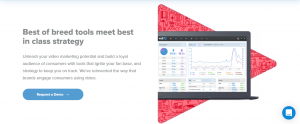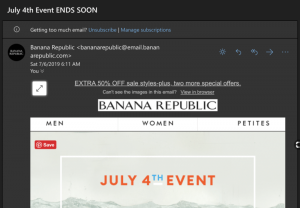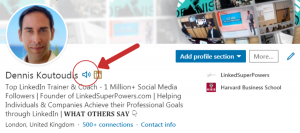Job hunting is a lot like online dating, which makes your resume like your dating profile. You apply for a role in the hopes that you get an interview, which is almost like asking someone on a date. After a few interviews, you see if you’d like to make things more official. You start the role. There’s usually some sort of trial period, commonly three months, where both employer and employee are seeing if there’s a good fit. After that, you become a full employee. With that in mind, your resume is how you make a first impression – so you need to do it well. That’s why we’ve compiled the top resume mistakes to avoid at all costs in this article. Keep reading for tips and insights on the key things to make sure you never do on your resume.
Letting typos slip through

Even in the world of spellcheck, this is a relatively easy issue. One study by CareerBuilder found that 58 percent of resumes have spelling errors in them – that’s way too high. Understand this for what it is: the HR people do not have some type of vendetta against spelling errors in and of themselves. Rather, what they see when they come across as a spelling error is a lack of conscientiousness.
When you have typos in your resume, recruiters see someone who apparently did not even take their application seriously enough to proofread it before clicking the “Send” button or mailing it in. This isn’t the impression you want to give off, so be sure to eliminate all spelling errors before submitting your resume.
You didn’t have someone proofread

Nothing screams “Unprofessional!” like grammatical mistakes and sentences that make no sense in a document meant to impress a potential employer. Even with all the tools available to you, another pair of eyes can be the crucial last step.
Have at least one friend, mentor, or teacher (two is even better) with a good grasp of spelling and grammar look over your resume before you submit it. You’ll be glad you did, if they find something “quiet” embarrassing.
Inappropriate email address
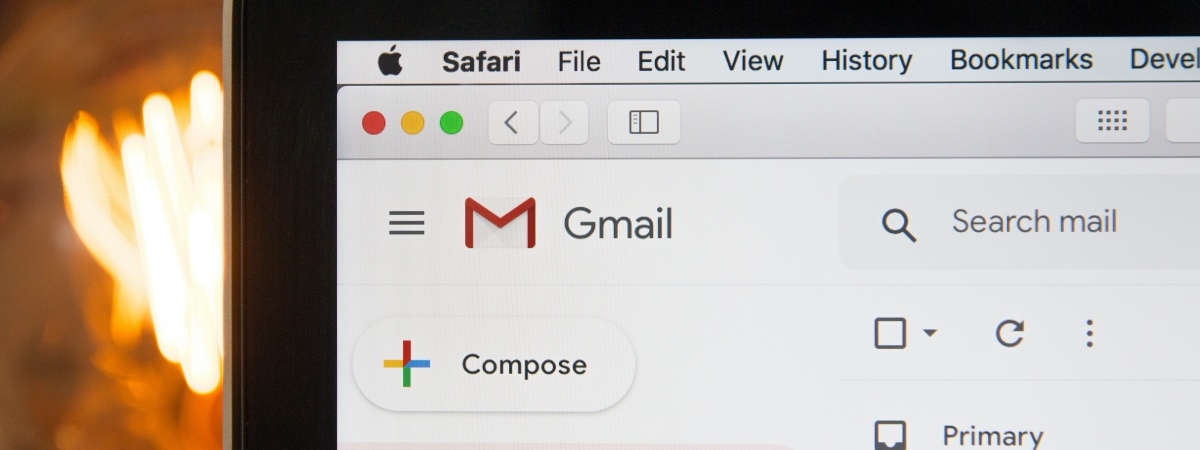
In most applications, an email address is a requirement – gone are the daily of snail mail correspondence or solely phone calls. Nothing wrong with that. Unfortunately, many applicants make the mistake of leaving personal or inappropriate email addresses rather than professional ones.
Put yourself into the recruiter’s shoes. You are looking at two very impressive applications, but one of them lists their email as “ismokeweedeveryday@gmail.com” while the other lists theirs as “John.Smith@gmail.com.” Which person are you more likely to invite for an interview? Which are you most likely to dump in the proverbial garbage? If you don’t already have a professional-sounding email address, sign up for one. Side note here: Gmail tends to be best, as yahoo and hotmail can end up in spam filters.
Inaccurate or missing contact information

If you’re successful in your application, the company needs a way to contact you to book an interview. The vast majority of the time, that’s done through email. In some rare cases, you’ll get a call. However, if you don’t provide accurate contact information (or don’t provide any contact information at all), there is no way for recruiters to reach out to you.
Thankfully, this problem is largely solved through technology. When you apply to a job online, the company’s applicant tracking system (ATS) will require an email, phone number, or both. Just make sure you provide the right information.
Listing irrelevant, non-job-related information

Too many applicants try to get stand out in applications by highlighting irrelevant things. A 6 month trip to Thailand may be an amazing experience for some jobs and provide depth about you as a person, but a long weekend vacation in Mexico or the fact that you love your dog likely is not.
It’s understandable to want to “liven up” your application, but remember this: the recruiter or hiring manager who will eventually read your resume reads thousands of applications each year. A study by TheLadder found that the average hiring manager spends about 6 seconds looking at a resume. Don’t give them a reason to toss it in the trash by highlighting irrelevant things in an attempt to be relatable – focus on connecting your experiences and previous work to the job you’re applying for.
Poor formatting

A well laid-out resume will help you in three major ways:
- It will make your resume more easily read by computers.
- It will help the recruiter or hiring manager find relevant details more quickly.
- It shows that you know how to clearly communicate in writing, a necessary skill in nearly every job.
It can be tempting to fiddle with the formatting of your resume so it has a new look, with a unique layout or fancy font. Bottom line, resist the temptation.
An employer who is wading through a stack of resumes doesn’t have time to decipher an oddly formatted page. Recruiters need to be able to quickly scan your resume to find out if you’re qualified, and likely won’t be impressed if they have to stop and decipher your layout.
Stick to easy-to-read fonts, don’t create tiny margins, and don’t cram your resume with dense blocks of text — use plenty of white space so it’s easier to scan.
Use of personal pronouns

This rule is hotly debated, with good arguments on both sides. Avoiding personal pronouns like “I” and “Me” in resumes is considered the traditional way of doing things, while using them in a new-age belief that a resume is a personal branding document. Since you did the things in your resume, it would make sense that you could say you did.
We advise against using personal pronouns for two reasons:
- While using pronouns is increasing in popularity, not using them is still the accepted standard across the board and will help ensure you don’t get disqualified because the employer doesn’t like them.
- Resumes need as much white space as possible while at the same time you have to explain how you’re qualified for a role. Pronouns take up characters and space on the page, so not using them gives you more room to work with.
Trying to sound too “well-rounded”

Some applicants believe they will look better to employers if they seem well-rounded. In general, this is true. But don’t take it too far. If your entire resume focuses on breadth, talking about how many committees you’ve served on or the wide variety of job titles you’ve held, then you risk coming off as too shallow in your work experience.
Looking well-rounded has a decreasing marginal return the more senior the role is that you’re looking for. When a business is hiring for more senior people, the leadership wants to know you have deep domain expertise and “climbed the ranks.” Focusing on appearing too well-rounded will backfire and make you look inexperienced.
Self-deprecation

Too many resumes have self-deprecating remarks and phrases. While it’s understandable to not want to be seen as bragging on your application, you still want to look good. It is for this reason that statements like “graduated in the top 66% of my class” and “self-employment: what a disaster that was” will not make you look good. Rather, they will make you seem like a potential issue for the organization, someone who probably shouldn’t be trusted with much power or autonomy.
Bragging

Of course, the other side of the resume blunder coin are applicants who excessively brag about themselves or their achievements.
Again – you do want your resume to make you look like a strong candidate. What you do not want is obnoxious arrogance, as seen in statements like “you will never find a better candidate than me”, or “my job performance is unsurpassed”, or “if you don’t hire me, you’ll regret it”. Such statements make you seem cocky and indicate a potential lack of team spirit (or even narcissism). Even if you meant it as a joke, keep it off the resume. Let the interview be the time you show your sense of humor.
You focused on duties, not achievements

Listing the duties you performed at previous jobs is fine, but your main focus should be on what you actually accomplished there. Did you score a big new contract for your previous employer? That’s a far more compelling statement than just saying you dealt with outside sales.
Make sure you include any awards or accolades you received as part of your previous jobs, and solid benefits you brought to your employers. For best results, be as specific as you can: “I landed an account that brought X dollars of new business” is better than “I sold our widget to a new customer.”
Burying your strengths

Some otherwise good resumes handicap themselves by listing important skills at the bottom While you may not want to brag (good on you), you still have to show that you’re a good candidate for the role.
As a rule of thumb, make sure you demonstrate your skills starting with the skills most relevant to the job. Find a creative way to ensure those are right at the top, included in your first professional experience. Read over your resume a few times and put yourself in the position of a busy recruiter. Would your job-specific skills jump out to them? If not, rearrange your resume so that they will.
Lack of bullet points

With the rise of computerized resume scanning (and even AI for resume reading), ensuring your resume can be read easily by scanner is essential. One easy way to do this is to use of bullet points.
Do not make the mistake (which many applicants do) of writing everything in as a “wall” of text, hoping that whoever reads your resume will painstakingly read your every word to extract the important parts. They will not. Instead, use bullet points to clearly show different experiences within the same job, explain the details of your role, and explain the results you accomplished.
Adding references directly on the resume

While some employers may ask for a reference, this is usually one of the final steps in the interview and hiring process. Since the goal of a resume is to get you the interview, it needs to be short and sweet – no more than one page. Adding references at the end will add unnecessary bulk to your resume. Adding references on your one page will take up valuable space that you should be using to explain your accomplishments in previous roles.
You should have references at the ready, but don’t provide them until asked. When in doubt, leave the references out.
The “more is better” mentality

Put simply: employers do not have the time (or desire) to read lengthy resumes. If your resume is more than one page, you risk a recruiter thinking some negative things about you:
- That you don’t know how to follow established custom (resumes are nearly always supposed to be one page, unless the job posting explicitly asks for longer).
- That you are unable to prioritize and focus to show your experiences as they apply to this specific job, not your whole professional history.
- That you brag and need to share everything.
None of these are good things. They may not even be true about you, but an overly long resume sends the wrong message. Stick to one page unless the job description asks for more.
Sending an ugly attachment

We’ve all been there: you send something out as an email attachment, only to have it look different (sometimes drastically) on your recipient’s computer than it does on yours. This can be disastrous if the random factor and chaos of the Internet messes up your resume’s formatting or bullets. Luckily, this need not become an obstacle.
Before sending your resume via email, simply “test” send it to a few of your friends (or your own email on a different device) and verify how it looks. If it looks as it does on your computer, send it to the employer. If not, find out why and fix it. To avoid this problem entirely, save documents as PDF files, which appear the same on all types of computers.
Bashing previous employers

Not every job applicant has the benefit of writing a resume with a sparkling job history. Some have been fired numerous times or been involved in conflicts with bosses at one or more jobs. There is a strong tendency among such people to demonize their ex-bosses in the resume, blaming them for their own failures. But while you might think this makes you look better, it rarely has this effect. Rather, most employers will read something like “I only got fired because my boss was an unrealistic jerk” and imagine themselves being in that boss’ shoes someday.
If you approach your previous issues with malice or anger in your resume, you will be seen as a “problem-person” and probably ignored. The far more effective and mature approach is to simply acknowledge any past difficulties you may have had and exude an honest, sincere willingness to put those things behind you.
You lied

Just to clear up any confusion: lying on your resume is a quick way to not get hired. And if you make it through the interview process and get hired, employers finding out you lied is a quick way to get fired.
Desperation can make it very tempting to pad your resume with an embellishment here or an outright lie there, but it’s likely to hurt you eventually. Your resume is your first chance to impress an employer. Take the time to make it shine, and you’ll boost your chances of standing out from the crowd. If you’ve faced a lot of hardships and don’t have “traditional” requirements like a university degree, focus on the practical skills you’ve learned instead – that could very well put you ahead of Ivy League graduates who have fancy degrees but no practical skills.
Not showing your qualifications
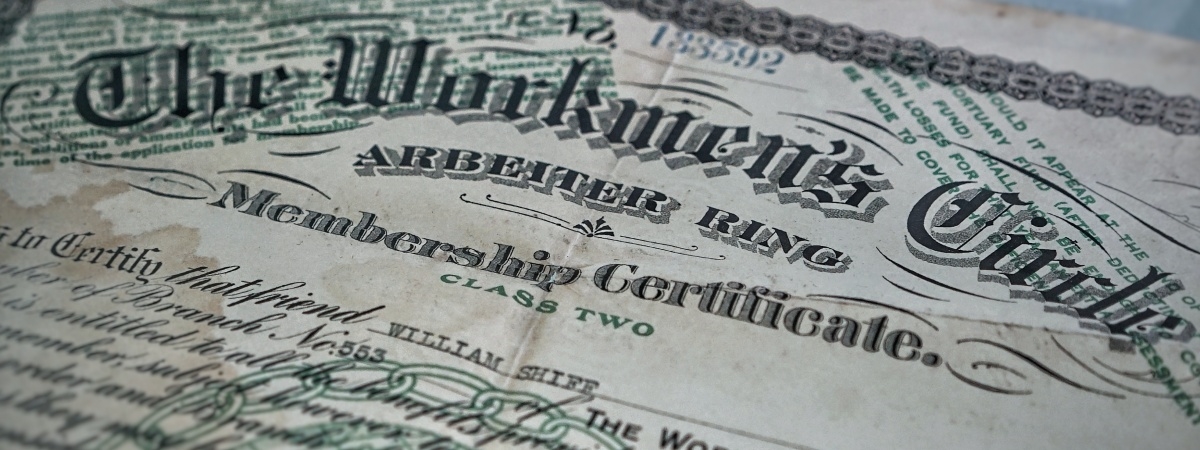
Many jobs have specific requirements such as a certification or specific degree. If you have that certification or degree and don’t make that clear on your resume, you’re likely costing yourself the job without meaning to. Be sure to look at the job description for specific criteria such as qualifications to teach or professional certifications. Make sure to highlight the skills they are looking for with a bulleted list of your related qualifications at the top of the document.
On the flip side, also take an honest look at your qualifications. If you don’t have the required designations, certifications, or degrees, you probably shouldn’t apply for the job unless the job description clearly states that there is professional development available. That said, you could also take the risk and email the recruiter to ask if the company will sponsor you to get the designation – you never know.
Copycat-ing the job description

If you’re simply tailoring your resume to fit into what the potential employer has outlined as job description in the advertisement, you’re missing the point of your resume. HR departments already know what the job is; your resume should highlight your accomplishments and how you are best suited for that position.
Be sure to show what you’ve really done by outlining the process, outcomes and results that are specific to your own work experience. Copying the key phrases on the job description (known as “job application SEO”) may help you get past the initial screen, but likely won’t make it past a human – or artificial intelligence – read of your resume.
Inaccurate or missing work dates

Employers need to know when you worked & where, in order to get a better understanding of your working history. They may also use the dates for background and reference checks. Missing dates, especially for long periods of time, could send up a red flag, and the resume may be discarded.
Include specific ranges in months and years for every position (you don’t need to go down to days). If you have gaps, explain them either in your cover letter or introduction, but not in your resume. It always helps to list any continuing education and training that you have taken and to list any volunteer/project-based work during a slow period or summer months. Listing these under education or volunteer work should explain some of the gaps.
Writing work experiences wildly out of order

Avoid confusing your recruiter with information that jumps up and down your career path. Whenever possible, go with a chronological resume and focus on the skills and accomplishments that pertain to the position you’re seeking. If you’re concerned about a layoff period that you have had to face within a company, be assured that nowadays, unemployment or being laid off is quite prevalent. Most people do something to keep their work skills going. Use that information to fill in the gaps.
At the same time, you also want to highlight your strongest work experiences first, so there’s some leeway to switch things up. However, if the most relevant work experience you have for a job is from your work five companies (and many years) ago, it’s possible that the job is not right for you. Make sure you’re focusing on recent transferable skills, using older job experiences to show that you have depth and long-term experience to back up your recent skillsets.
Business & Finance Articles on Business 2 Community
(30)
Report Post